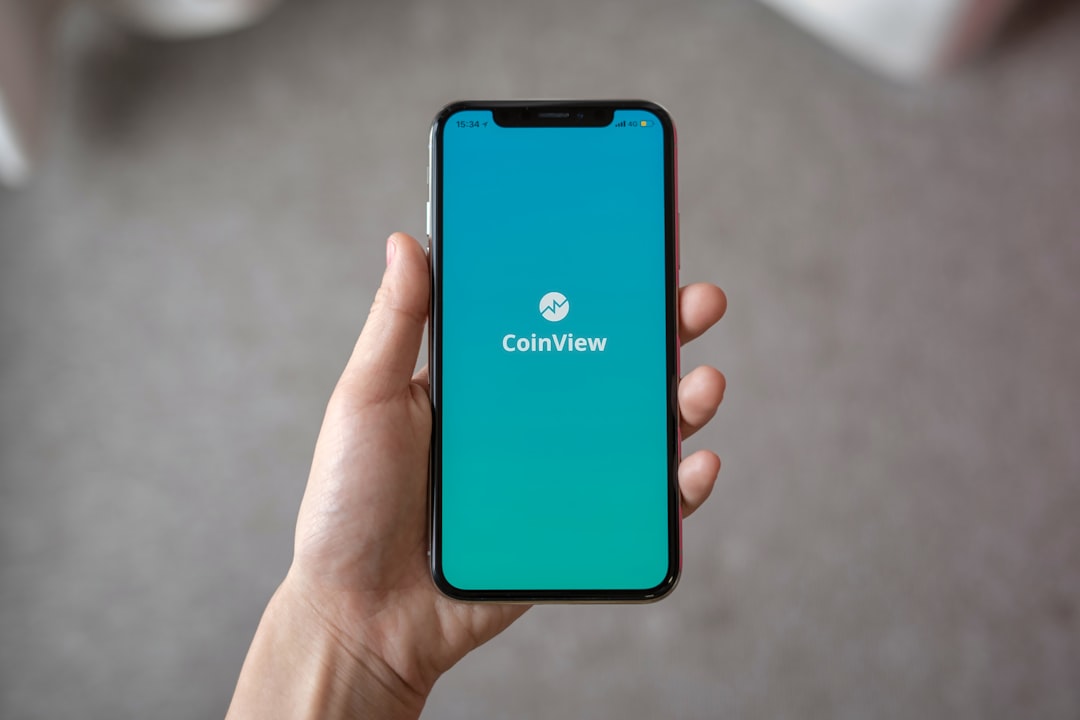Non-debtors in California have rights against aggressive debt collection. They can refuse to engage with collectors without proof of debt and restrict calls to reasonable hours. Harassed non-debtors can file complaints with the California Department of Consumer Affairs and consult debt collector lawyers in California for legal guidance, including understanding the Fair Debt Collection Practices Act (FDCPA) and seeking compensation for violations. Documenting interactions and placing a "Do Not Call" request are proactive steps to stop harassment.
In California, non-debtors have specific rights against unwanted telephone calls from collection agencies. “Understanding Non-Debtor Call Rights in California” explores these legal protections and how they safeguard individuals from harassment. The article delves into the steps non-debtors can take when faced with relentless debt collector calls, including involving specialized debt collector lawyers in California to enforce their rights. Learn effective strategies to stop harassing calls and discover how to document and report excessive collection efforts.
Understanding Non-Debtor Call Rights in California

In California, non-debtors have specific rights when it comes to interactions with debt collectors. These individuals, who are not legally obligated to repay a debt, often receive phone calls from collection agencies seeking payment from someone else. Understanding your rights is crucial in such situations. According to state laws, non-debtors can refuse to engage or provide any personal information without verifying that they indeed owe the debt. This includes refusing to discuss the matter on the phone and demanding that the debt collector stop contacting you unless they can prove the debt’s validity.
California law also mandates that debt collectors respect your privacy and limit their communications to reasonable hours. They cannot call at excessive times, such as before 8 am or after 9 pm, without your prior consent. Additionally, if you feel harassed or threatened by a debt collector’s conduct, you can file a complaint with the California Department of Consumer Affairs, which oversees debt collection practices and protects consumers’ rights, including non-debtors’ privacy and dignity. Engaging with a qualified debt collector lawyer in California can provide further guidance on ensuring these call rights are upheld.
Legal Protections for Unwarranted Debt Collector Calls

In California, non-debtors experiencing unwanted calls from debt collectors have legal protections in place. The Fair Debt Collection Practices Act (FDCPA) restricts the behavior and practices of debt collectors to ensure fairness for consumers. Under this act, debt collector lawyers in California cannot harass, oppress, or abuse any person regarding a debt. This includes making repeated or excessive calls with the intent to annoy or upset the recipient.
If you are a non-debtor receiving these calls, it’s advisable to document the interactions and inform the debt collector that you are not the account holder. You can also request written verification of the debt from them, which they are legally obligated to provide within 30 days. If your rights as a non-debtor are violated, consulting with a qualified debt collector lawyer in California can help you understand your options and take appropriate legal action.
When and How to Involve Debt Collector Lawyers

If you’re a non-debtor in California facing harassment or illegal collection practices, it’s crucial to understand your rights and when to involve debt collector lawyers. Debt collectors must adhere to strict regulations outlined by the Fair Debt Collection Practices Act (FDCPA), which protects consumers from abusive or deceptive tactics. However, these laws can be complex, and what seems like a straightforward issue might require legal expertise.
In California, if you believe your rights have been violated—such as receiving threatening calls, false representations of debt ownership, or excessive contact attempts—you may consider consulting with a debt collector lawyer. These attorneys specialize in navigating the FDCPA and state-specific regulations to ensure collectors treat consumers fairly. They can help non-debtor individuals protect their privacy, stop harassing calls, and seek compensation for any harm caused by illegal collection methods.
Documenting and Reporting Unwanted Collection Efforts

In California, non-debtors have specific rights when facing unwanted collection efforts from debt collectors. It’s crucial to document and report such interactions to protect your legal standing. Keep a detailed record of every call, including the collector’s name, company, date, time, and a summary of what was said. Note any threats, harassment, or false statements made by the collector. This documentation can be invaluable if you later need to take legal action against the debt collector.
California has strict regulations regarding debt collection practices, and violating these rules can lead to significant penalties for collectors. If you feel that your rights have been infringed upon, consult with a qualified debt collector lawyer in California who can guide you through the process of filing a complaint with relevant authorities, such as the California Department of Consumer Affairs. They can also assist in pursuing legal action if necessary.
Effective Strategies to Stop Harassing Calls

If you’re a non-debtor in California facing persistent harassment from debt collectors, it’s essential to take immediate action. The Fair Debt Collection Practices Act (FDCPA) provides significant protections for individuals who aren’t responsible for the debt being collected. One effective strategy is to educate yourself about your rights and document every interaction with the debt collector. Keep a record of the date, time, and content of each call, including any threats or aggressive behavior. This documentation can be invaluable if you decide to take legal action against the debt collector.
Consulting with experienced debt collector lawyers in California is another crucial step. These professionals can guide you through the legal process, help you understand your rights, and represent you if the debt collector violates FDCPA regulations. You can also place a formal “Do Not Call” request with the debt collector, which they are legally obligated to respect. Remember, knowing your rights and taking proactive measures are essential in stopping harassing calls and ensuring peace of mind.






